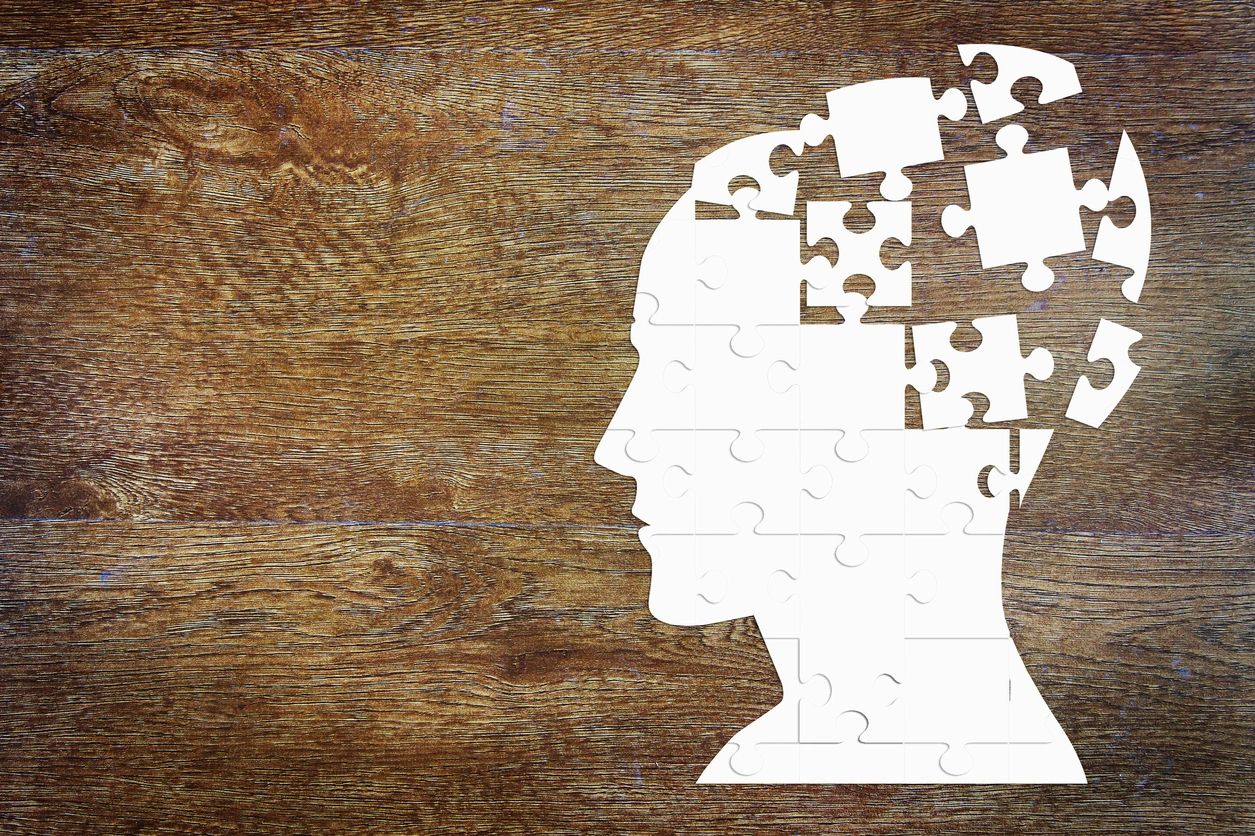In DBT, we adhere to seven assumptions that underly treatment for both clients and therapists. By definition, an assumption is a belief that we cannot prove to be true, yet we agree to abide by it anyway:
- People are doing the best they can.
Straight out of the gate, DBT assumes that all people, at any given point in time, are doing the best they can with the abilities, awareness, and life experience that they have up until that moment. Given many factors like genetics, biological events, environmental events, and consequences of previous behavior, each person at this one moment in time is what he/she/they is. Given who we each are and the fact that all behavior is caused, we are doing the best we can at this one moment, given the causes that have affected us.
2. People want to improve.
Further, DBT states that a unifying characteristic across all people is that they want to improve their lives. A common goal that fits here is that people generally want to feel happy and content in the long term.
3. People need to do better, try harder, and be more motivated to change.
Even though we agree that people are doing the best they can at any given moment in time, we also agree that people need to do better and try harder in order to facilitate the change they wish to see in their lives. Simply wanting to improve is not enough in and of itself to manifest the change on its own.
4. People may not have caused all of their own problems, but they have to solve them anyway.
Here we have my personal favorite assumption, which can be a difficult one to stomach. DBT posits that while we may not have caused the problems we face, it is our responsibility, and ours alone, to solve them. This assumption is true for adults, as the responsibility for their own lives rest with them. We must learn to change our own behavioral and emotional responses, and alter our environments, in order for our lives to change. For example, a person may experience trauma, like child abuse, that they are powerless to prevent as a child. Now in adulthood, this abuse history may get in the way of this person’s ability to build the life they want for themselves. While this person did not cause their own problem (abuse and trauma reactivity), it is this person’s responsibility to solve the problem in order to move forward and build the life they want.
5. New behavior has to be learned in all relevant contexts.
This assumption speaks to the importance of skill generalization; behaviors learned in one context often do not generalize to different contexts, so it is essential to practice new behaviors in all the environments where they will be needed, not just in the situation where the skills are first learned. For example, it is wonderful to learn and practice emotion regulation skills in the therapy office, however if these skills are not transferred and practiced in situations where they are needed, they will be useless and the skills will fail you!
6. All behaviors (actions, thoughts, emotions) are caused.
We agree to believe that there is always a cause, or a set of causes, that prompt different actions, thoughts, and emotions, even if we do not know what the causes are.
7. Figuring out and changing the causes of behavior is a more effective way to change than judging and blaming.
This assumption is related to the previous one because when we agree that all behavior is caused, this leads to the understanding that blaming and being judgmental (“This isn’t fair”, “It shouldn’t be this way”) are not effective in changing that situation or behavior. While judging and blaming is certainly far easier, we must change the chain of events that cause unwanted behaviors and events in order to create lasting change in the world and in our lives.

